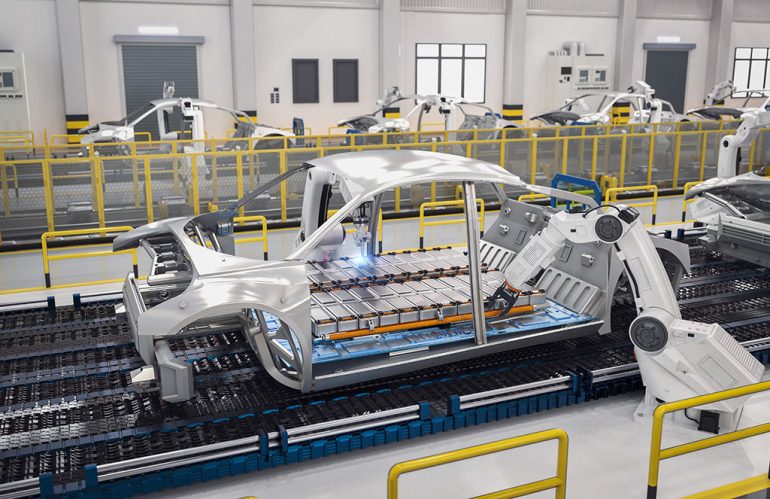
The U.S. Energy Department has unveiled a significant investment of $325 million aimed at advancing the development of cutting-edge battery technologies designed to enhance the storage capabilities of clean electricity generated from solar and wind sources. This initiative, announced on a Friday morning, is a critical step toward addressing the intermittent nature of renewable energy and unlocking the potential for round-the-clock power generation.
The $325 million funding will be distributed across 15 innovative projects spanning 17 states in the U.S. and includes support for the Red Lake Nation, a Native American tribe based in Minnesota. The primary goal of these projects is to extend the duration for which clean energy can be stored, moving beyond the conventional four-hour limit typically associated with lithium-ion batteries.
Also, don’t forget that you can get discounted new car pricing with a free quote through qualified local dealer partners.
As renewable energy sources such as solar and wind continue to grow, the need for effective energy storage solutions becomes increasingly evident. These batteries play a pivotal role in capturing surplus renewable energy during periods of high production, which can then be utilized during times of low or no sunlight and wind. The Energy Department anticipates that these projects will bolster the resilience of communities against power outages, enhance the reliability of energy supply, and make clean energy more affordable for consumers.
Christopher Rahn, a professor of mechanical engineering at Pennsylvania State University, emphasized the importance of addressing the intermittency of renewable energy sources, stating, “Everywhere in the U.S. has issues with intermittent renewable energy… every day the sun sets and you have to be able to take the energy that you produced during the day and use that at nighttime.”
The focus of this funding is on “long-term” energy storage solutions capable of sustaining power output for extended periods, such as from sunset to sunrise or during multiple consecutive overcast days. Achieving long-duration battery storage is considered crucial in the fight against climate change as it enables the displacement of traditional fossil fuel power generation during periods of low renewable energy production.
Jodie Lutkenhaus, a professor of chemical engineering at Texas A&M University, likened long-duration battery storage to a “rainy-day savings account for energy storage” and stressed the importance of using readily available, Earth-abundant materials to avoid potential drawbacks associated with mining minerals like lithium.
Regions experiencing rapid growth in solar and wind energy adoption, including California, New York, and Hawaii, have demonstrated significant interest in long-duration storage technologies. Amanda Smith, a senior scientist at Project Drawdown, highlighted the importance of this technology in addressing climate disruption.
The projects funded through the Bipartisan Infrastructure Law of 2021 showcase a diverse range of battery solutions, some capable of providing up to 100 hours of continuous power. Notable projects include Xcel Energy’s collaboration with Form Energy to deploy 100-megawatt battery systems at decommissioned coal plant sites, a battery system installation at California’s Valley Children’s Hospital, and initiatives like the Second Life Smart Systems and Rejoule, which repurpose retired electric vehicle batteries for backup power at various locations.
Energy Undersecretary for Infrastructure David Crane emphasized that these projects will demonstrate the viability of these technologies at scale, assist utilities in long-term storage planning, and contribute to cost reduction—a crucial factor in widespread battery adoption.
Elisabeth Moyer, an associate professor of atmospheric science at the University of Chicago, emphasized that affordable batteries represent a key catalyst for transitioning to renewable energy. However, she also acknowledged that material availability and waste management remain important considerations in the development of these technologies.
Source: Associated Press